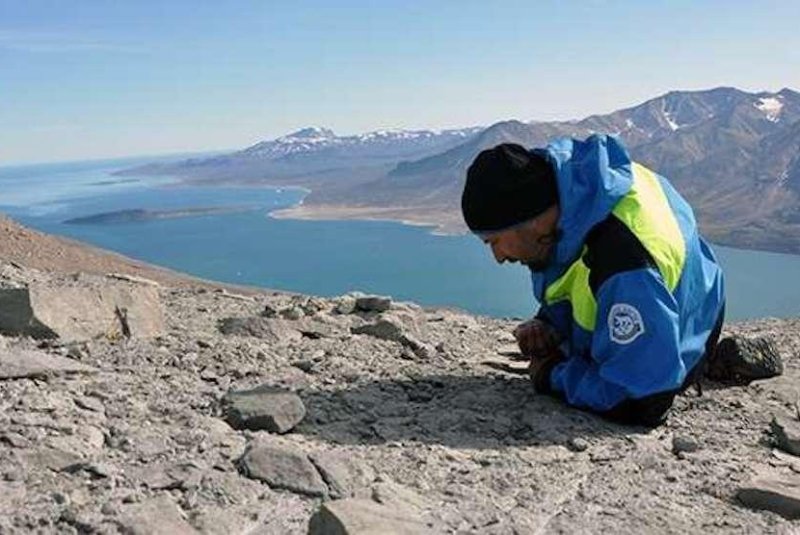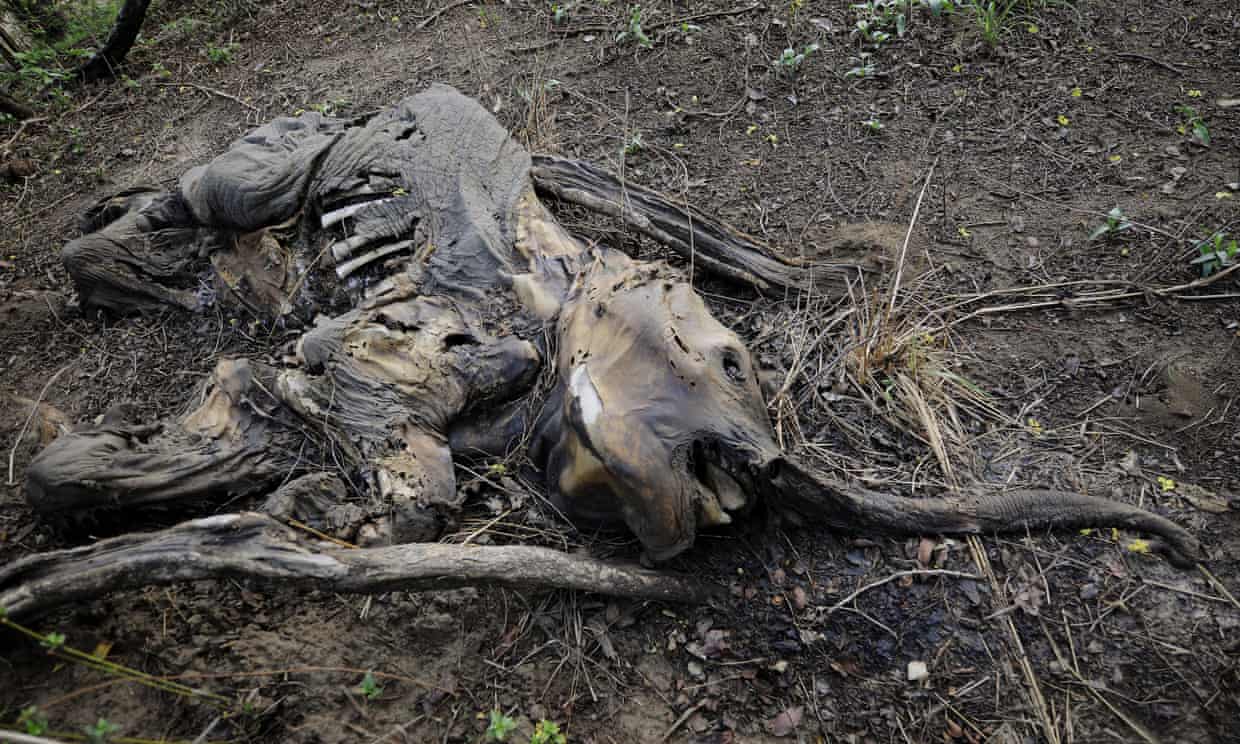 Some 252 million years ago, the planet suffered the most catastrophic mass extinction event in its 4.5 billion-year history.
Some 252 million years ago, the planet suffered the most catastrophic mass extinction event in its 4.5 billion-year history.
A trove of newly discovered fossils -- unearthed in Greenland by a team of palaeontologists -- have offered scientists a snapshot of the ecological recovery closer to the poles.
Even biodiversity far from the equator was obliterated.





 The number of wild animals living on Earth is set to fall by two-thirds by 2020, according to a new report, part of a mass extinction that is destroying the natural world upon which humanity depends.
The number of wild animals living on Earth is set to fall by two-thirds by 2020, according to a new report, part of a mass extinction that is destroying the natural world upon which humanity depends. More than two dozen people, mostly schoolchildren, were killed in Syria Wednesday as the result of airstrikes ordered by President Bashar Assad's regime, witnesses and rescuers said.
More than two dozen people, mostly schoolchildren, were killed in Syria Wednesday as the result of airstrikes ordered by President Bashar Assad's regime, witnesses and rescuers said. The top posts in Israel's national police force are now in the hands of hardline religious settlers who are seeking to make "alarming" changes to policing in both Israel and the occupied territories, critics have warned.
The top posts in Israel's national police force are now in the hands of hardline religious settlers who are seeking to make "alarming" changes to policing in both Israel and the occupied territories, critics have warned. A senior adviser to Donald Trump's presidential campaign says the GOP nominee's operation has three "voter suppression" drives intended to lower the vote for Democrat Hillary Clinton and provide a path to victory for Trump.
A senior adviser to Donald Trump's presidential campaign says the GOP nominee's operation has three "voter suppression" drives intended to lower the vote for Democrat Hillary Clinton and provide a path to victory for Trump. Yet another study has determined that hydraulic fracturing, or fracking, might be a major public health threat. In one of the most exhaustive reviews to date, researchers from the Yale School of Public Health have confirmed that many of the chemicals involved and released by the controversial drilling process can be linked to cancer.
Yet another study has determined that hydraulic fracturing, or fracking, might be a major public health threat. In one of the most exhaustive reviews to date, researchers from the Yale School of Public Health have confirmed that many of the chemicals involved and released by the controversial drilling process can be linked to cancer.






























